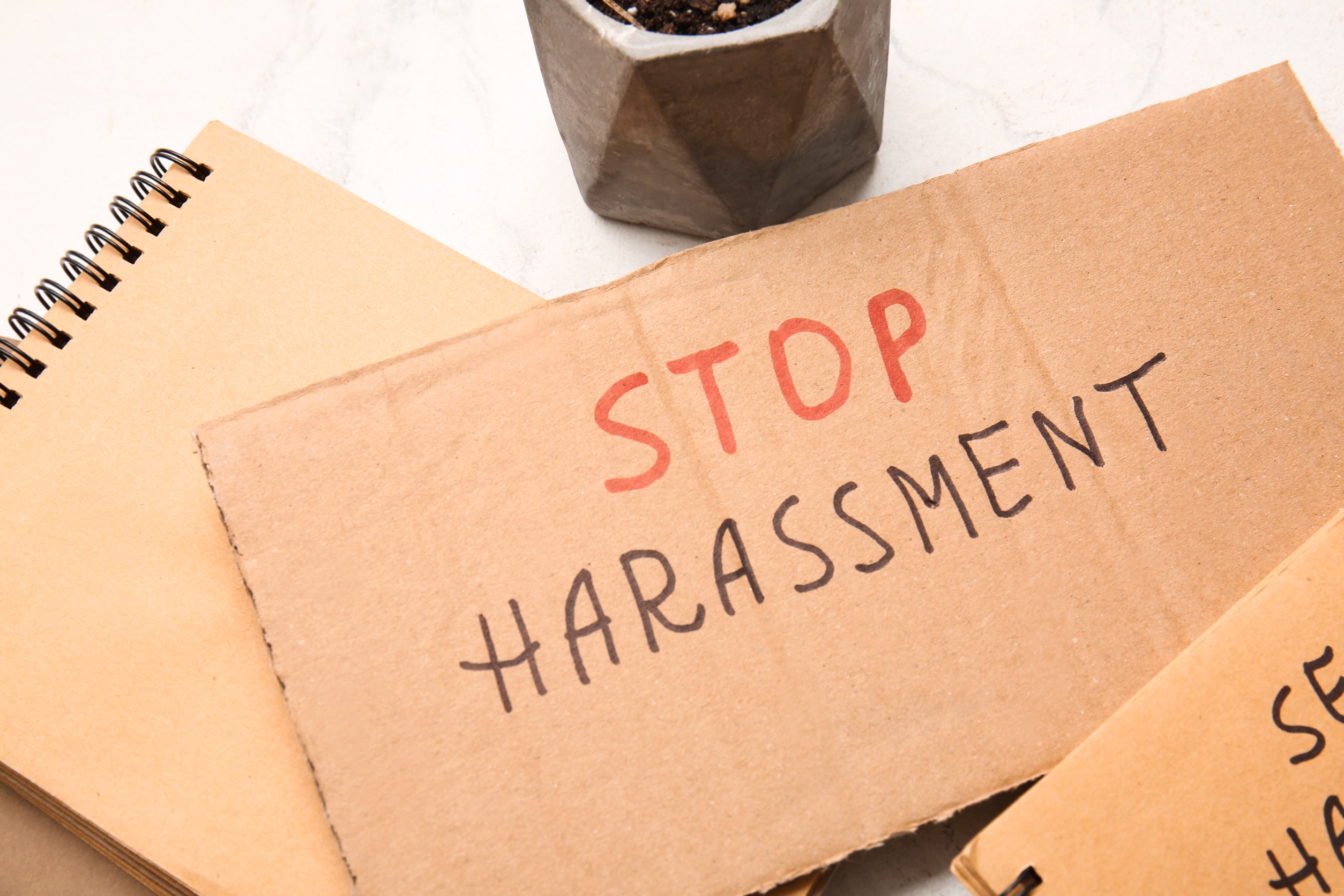New sexual harassment laws to be implemented in Taiwan

Incidents involving sexual harassment in the workplace may cost employers in Taiwan fines to the tune of up to NTD$1 million (USD$32,287).
According to Lo Ping-Cheng, Minister without Portfolio, a set of draft amendments approved by the federal government office in New Taipei will look to clamp down on sexual harassment for victims more effectively and comes on the back of the recent #metoo storm in the country, reported Focus Taiwan.
A key revision of the amendments would see the addition of protocols and penalties that would apply when sexual harassment is committed by people in a position of power, which includes employers and supervisors of a company or an organisation, school deans and teachers.
With around 80 percent of all workplaces sexual harassment cases involving perpetrators in positions of power, existing laws are not able to address the problem due to legal loopholes, said Lo. The amendments mean that local governments must intervene when an individual is sexually harassed by their employer or is not satisfied with their organisation’s handling of their sexual misconduct report. It is also mandatory that employers notify local authorities of all sexual misconduct complaints within their organisations.
READ MORE:Taiwan rejects calls for nationwide shorter workweeks
The proposal would also increase penalties for acts of sexual harassment committed by people in a powerful position either at work or on campus, explained Lo. The employer or the highest representative of a company or organisation ruled by a labour bureau investigation or other authorities to have sexually harassed their subordinates will face a fine of up to NTD $1 million (USD$ 32,287) instead of the current NTD $100,000 (USD $3,228). The proposal would also allow a sexual harassment victim to seek damages at the civil court up to five times the original amount from their abuser, who is either an employer or the head of an educational institute, Lo said.



